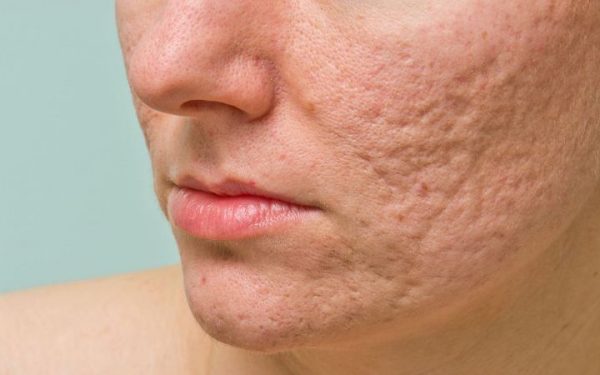How to Choose the Right Skin Care Products

Choosing the right skin care products is a crucial step in maintaining healthy, radiant skin. With countless options available on the market, each promising transformative results, navigating the world of skincare can feel overwhelming.
However, by understanding your skin type, concerns, and specific needs, as well as learning to decipher product labels and ingredients, you can make informed decisions that promote optimal skin health.
In this comprehensive guide, we’ll explore a variety of factors to consider when choosing skin care products, empowering you to build a personalized skincare routine that delivers the results you desire.
1. Identify Your Skin Type
Understanding your skin type is the first step in selecting the right skincare products. Skin types generally fall into one of the following categories:
- Normal: Balanced skin with few blemishes or sensitivities.
- Dry: Skin that feels tight, flaky, or rough, often due to a lack of moisture.
- Oily: Skin that appears shiny or greasy, with enlarged pores and a tendency to develop acne.
- Combination: Skin that exhibits characteristics of both dry and oily skin, with oiliness in the T-zone (forehead, nose, and chin) and dryness elsewhere.
- Sensitive: Skin that is prone to irritation, redness, and allergic reactions, often in response to certain ingredients or environmental factors.
Identifying your skin type will help you choose products formulated to address your specific concerns and provide the necessary hydration, nourishment, and protection your skin needs.
2. Assess Your Skin Concerns
In addition to your skin type, it’s essential to consider any specific concerns or conditions you may have, such as acne, hyperpigmentation, fine lines and wrinkles, or sensitivity.
Look for products that target these concerns with active ingredients and formulations designed to address their underlying causes.
For example, products containing salicylic acid or benzoyl peroxide are effective for treating acne, while those containing hyaluronic acid or retinol can help reduce the appearance of fine lines and wrinkles.
3. Read Product Labels and Ingredients
When selecting skincare products, it’s crucial to read product labels and familiarize yourself with the ingredients they contain. Look for products that are free of harsh chemicals, artificial fragrances, and potential irritants, especially if you have sensitive skin.
Opt for products with clinically proven ingredients that are backed by scientific research and have demonstrated efficacy in addressing specific skin concerns. Additionally, be mindful of any allergens or ingredients you may be sensitive to and avoid products that contain them.
4. Consider Product Formulations and Textures
Skincare products come in various formulations and textures, including creams, serums, gels, lotions, and oils.
Consider your skin type and personal preferences when choosing product textures. For example, those with oily or acne-prone skin may prefer lightweight, non-comedogenic formulas that won’t clog pores or exacerbate breakouts, while those with dry skin may benefit from richer, more emollient formulations that provide intense hydration and nourishment.
5. Perform Patch Tests
Before incorporating a new skincare product into your routine, it’s advisable to perform a patch test to assess its compatibility with your skin.
Apply a small amount of the product to a discreet area of your skin, such as the inner forearm or behind the ear, and observe for any adverse reactions such as redness, itching, or irritation. If no reaction occurs after 24 to 48 hours, the product is likely safe to use on your face or body.
6. Seek Professional Advice
If you’re unsure which skincare products are best suited for your skin type and concerns, consider seeking advice from a dermatologist or skincare professional.
A dermatologist can assess your skin condition, recommend appropriate products and treatments, and provide personalized guidance based on your individual needs and goals.
Additionally, estheticians and skincare specialists can offer valuable insights and recommendations tailored to your skin’s unique requirements.
7. Establish a Consistent Routine
Once you’ve selected the right skincare products for your skin type and concerns, establish a consistent skincare routine that includes cleansing, moisturizing, and sun protection.
Cleanse your skin twice daily to remove dirt, oil, and impurities, followed by the application of serums, treatments, and moisturizers that address your specific concerns.
Don’t forget to apply sunscreen daily, even on cloudy days, to protect your skin from the harmful effects of UV radiation and prevent premature aging and sun damage.
Conclusion
Choosing the right skincare products is essential for maintaining healthy, radiant skin and addressing specific concerns and conditions effectively.
By understanding your skin type, concerns, and needs, reading product labels and ingredients, considering formulations and textures, performing patch tests, seeking professional advice when needed, and establishing a consistent skincare routine, you can build a personalized regimen that promotes optimal skin health and helps you achieve the complexion you desire.
Remember that skincare is not one-size-fits-all, so don’t be afraid to experiment and adjust your routine as needed until you find the products that work best for you.




